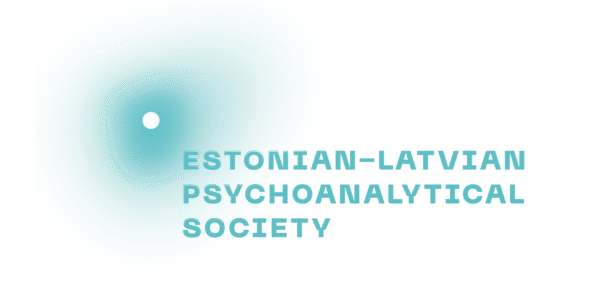 |
Aija de Starceva-Apele
Training and Supervising Analyst |
||||||||||||
| Areas of work | Psychoanalysis Psychoanalytical psychotherapy Group psychotherapy Supervision |
||||||||||||
| Working languages | Latvian, Russian, English | ||||||||||||
| Contact information | +371 28620444 aija.apele@gmail.com A.Čaka 28a-600, Riga |
||||||||||||
| Education
|
|
||||||||||||
| Work experience
|
|
||||||||||||
| Publications in psychology | de Starceva-Apele, A., & Rascevska, M. (2022). Reliability and factorial validity of long and brief versions of the inventory of personality organization in a Latvian sample. Research in Psychotherapy: Psychopathology, Process and Outcome, 25(2), 159-172. https://doi.org/10.4081/ripppo.2022.606
Apele A., Bite I. The relationship between emotional and behavioral problems, employability, and status of employment, Baltic Journal of Psychology, 2016 https://dspace.lu.lv/dspace/bitstream/handle/7/37237/Baltics_Psychology_Journal_2015.pdf?sequence=1&isAllowed=y |
||||||||||||
| Personal touch | I like two quotes. One – from this century, the other from the beginnings of psychoanalysis. First – “Psychoanalysis make people understand, who they are, and how they function in this world” (Vittorio Gallese, neuroscientist). The second – “Until you make the unconscious conscious, it will direct your life and you will call it fate” (Carl Gustav Jung, Freud’s disciple, later the opponent). |
